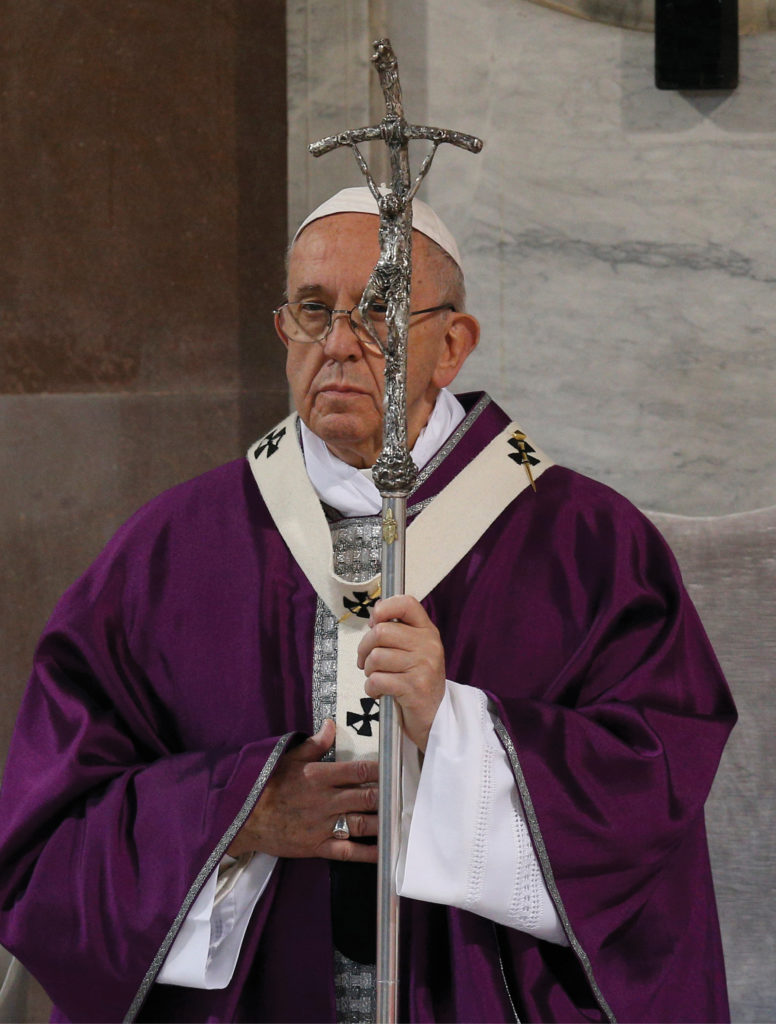Pope Francis has emerged as a powerful voice against the death penalty, urging its abolition worldwide. His stance reflects a broader shift within the Catholic Church towards emphasizing the sanctity of human life and rejecting practices that undermine this principle. By updating the Catechism of the Catholic Church, Pope Francis has signaled a significant doctrinal development that resonates globally, challenging nations to reconsider their reliance on capital punishment.
This update is not merely a theological adjustment but also a moral call to action. It underscores the Church's commitment to promoting human dignity and fostering a culture of life. The revised teaching invites Catholics and non-Catholics alike to reflect on the ethical implications of the death penalty and consider alternative approaches to justice that align with principles of mercy and rehabilitation. This article explores the background, significance, and global impact of Pope Francis's initiative.
Evolution of Doctrine: A New Perspective on Life
The Catholic Church’s evolving stance on the death penalty marks an important chapter in its doctrinal history. In 2018, under the leadership of Pope Francis, the Catechism of the Catholic Church was updated to explicitly state that the death penalty is inadmissible because it is an attack on the inviolability and dignity of the person. This revision builds upon earlier teachings while deepening the Church's commitment to protecting all forms of human life.
Previously, the Church acknowledged the legitimacy of the death penalty under specific circumstances where it was deemed necessary for public safety. However, advancements in penal systems and growing awareness of human rights have prompted a reevaluation of this position. Pope Francis emphasizes that modern societies possess effective means to protect citizens without resorting to executions, making the death penalty unnecessary and unjustifiable.
This doctrinal shift reflects the Church's ongoing dialogue with contemporary issues, demonstrating its ability to adapt while remaining grounded in core Gospel values. By condemning the death penalty outright, the Church seeks to inspire a global movement toward more humane and compassionate forms of justice.
A Moral Imperative: Why Now?
Pope Francis's decision to revise the Catechism raises questions about why this change occurs now. While previous popes, including St. John Paul II, had expressed reservations about the death penalty, they stopped short of outright condemnation. Pope Francis, however, sees this moment as an opportunity to clarify and strengthen the Church's teaching on human dignity.
Addressing critics who question the timing, Pope Francis argues that the Church's understanding of morality evolves over time through divine guidance and human experience. He points out that societal norms and scientific knowledge influence how we interpret ancient teachings. For instance, the recognition of inherent human dignity—a concept central to Catholic social teaching—has grown stronger in recent decades, prompting a reassessment of practices like capital punishment.
Moreover, the Pope highlights the risks of wrongful convictions and the irreversible nature of executions. These concerns underscore the need for caution and humility in matters of life and death, reinforcing the Church's call for mercy and forgiveness even for those who commit heinous crimes.
Global Implications: Inspiring Change Beyond Religion
The impact of Pope Francis's revision extends beyond religious circles, influencing political debates and legal reforms worldwide. By framing the death penalty as a violation of human rights, the Church aligns itself with international movements advocating for abolition. This alignment strengthens the moral argument against capital punishment and provides additional leverage for activists seeking legislative changes.
In countries where the death penalty remains legal, Catholic leaders are encouraged to engage in dialogue with government officials and civil society organizations. They are called to promote restorative justice models that prioritize rehabilitation over retribution, offering alternatives that respect both victims' rights and offenders' humanity.
Ultimately, Pope Francis's initiative serves as a reminder that faith can be a powerful catalyst for social transformation. By challenging outdated practices and encouraging empathy and compassion, the Church contributes to building a world where every individual is valued and respected, regardless of their actions or circumstances.

